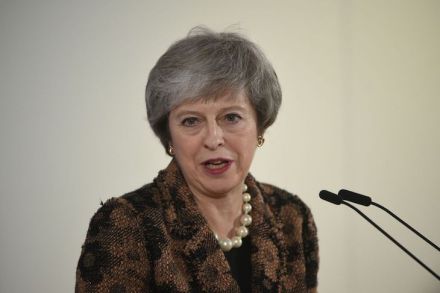Bercow vs Government, Part VIII: Speaker rejects Murrison amendment
Relations between the Speaker and the government have taken yet another turn for the worse this afternoon. Ahead of tonight’s vote on Theresa May’s doomed Brexit deal, ministers had hoped that an amendment tabled by Andrew Murrison – calling for an end date on the backstop – could win backbench support and save the Prime Minister from humiliation this evening. However, John Bercow had other ideas – and did not select the amendment for the vote. Instead, Bercow selected four amendments from Labour, SNP, Edward Leigh and John Barron. This means three seemingly government friendly amendments – from Murrison, Hugo Swire and a group of Labour MPs – have been




















